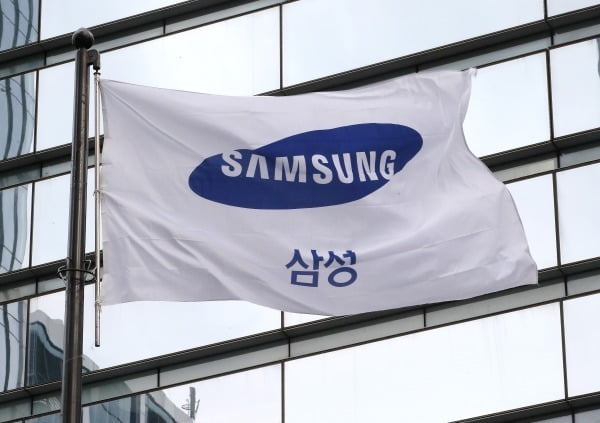Intensifying global semiconductor battle
US President Biden himself
EU plans to invest 67 yen semiconductor
Samsung Electronics
Overseas expansion overlapping investment burden
Concerns about disruption in M&A between US and EU companies

Photo = News 1
Competition from countries around the world such as the United States, the European Union, China, and Japan to foster the semiconductor industry is intensifying. This is the aftermath of the’semiconductor scarcity’ phenomenon that is spreading around the world recently. There is also a growing sense of crisis that the industry could be shaken if semiconductors are not procured in a timely manner.
○“Growing the semiconductor industry” Competition in each country
According to Bloomberg News, an economic expert on the 14th, the EU Commission is currently pursuing a project to build a state-of-the-art semiconductor factory in EU countries. The EU is considering investing up to 50 billion euros (about 67 trillion won) in the semiconductor industry led by Germany and France. European governments plan to return up to 40% of their investments to companies through subsidies and tax cuts.

The EU’s active movement came from the judgment that there was a lack of semiconductor production facilities in the region. ASML, which makes extreme ultraviolet (EUV) exposure equipment, is the only semiconductor company in the EU with sales exceeding $10 billion in 2019.
There are no companies in Europe that have strengths in automotive semiconductors and analog semiconductors such as NXP in the Netherlands, Infineon in Germany, and ST Micro in Switzerland. However, these companies do not have sufficient production capacity, so they are leaving large amounts of production to foundries, such as TSMC, in Taiwan.
○ Only 12% of U.S. semiconductor production
The US government is more active. The Joe Biden administration is making the resolution of the semiconductor shortage that has hit the global automotive industry as a’top priority’. The shortage of semiconductor supplies has disrupted production, such as shutting down factories of major US automakers. General Motors (GM) extended the production cuts of three factories in North America until mid-March.
U.S. semiconductor companies have also sent letters to President Biden requesting support for domestic semiconductor production. 21 CEOs of US semiconductor companies such as Intel, Qualcomm, and AMD recently requested, “Please provide financial support for semiconductor production incentives in the form of subsidies or tax credits.” According to the letter, the share of U.S. companies in global semiconductor production has declined from 37% in 1990 to 12% in recent years, to a third.
○ Love calls pouring out on Samsung Electronics
The EU and the US are selecting Samsung Electronics along with TSMC as the target companies to attract to foster the semiconductor industry in the region. Bloomberg reported on the 10th that “the EU is considering the participation of Samsung Electronics and TSMC as a top priority.” An official from the French Ministry of Finance mentioned in a recent briefing that “TSMC and Samsung Electronics can participate in the project.”
Despite the pouring’love calls’, Samsung Electronics is not in a comfortable situation. This is because if additional factories are built overseas, concerns about’excessive and redundant investment’ may increase. Samsung Electronics has completed the first plant (P1) in Pyeongtaek, Gyeonggi Province, and is building a state-of-the-art foundry and memory semiconductor production line in the second plant (P2).
An official from the semiconductor industry explained, “No one can guarantee that when Samsung Electronics builds a factory in the US or EU, corresponding orders will be received.”
Samsung Electronics, which has pledged to acquire foreign companies within three years, is growing. As of the end of last year, net cash is 104 trillion won, but if you invest more than 20 trillion won to build an overseas plant, the number of’lives’ to be used for M&A will decrease.
If the trend to protect the domestic semiconductor industry intensifies, the possibility of a disruption in Samsung Electronics’ M&A is raised. In the market, Samsung Electronics’ major M&A targets include NXP, ST Micro, and Infineon. M&A may be delayed or collapsed if the governments of each country, which are wary of’Asian semiconductor companies’,’withdraw’ in the business combination review.
Reporter Hwang Jeong-soo [email protected]
